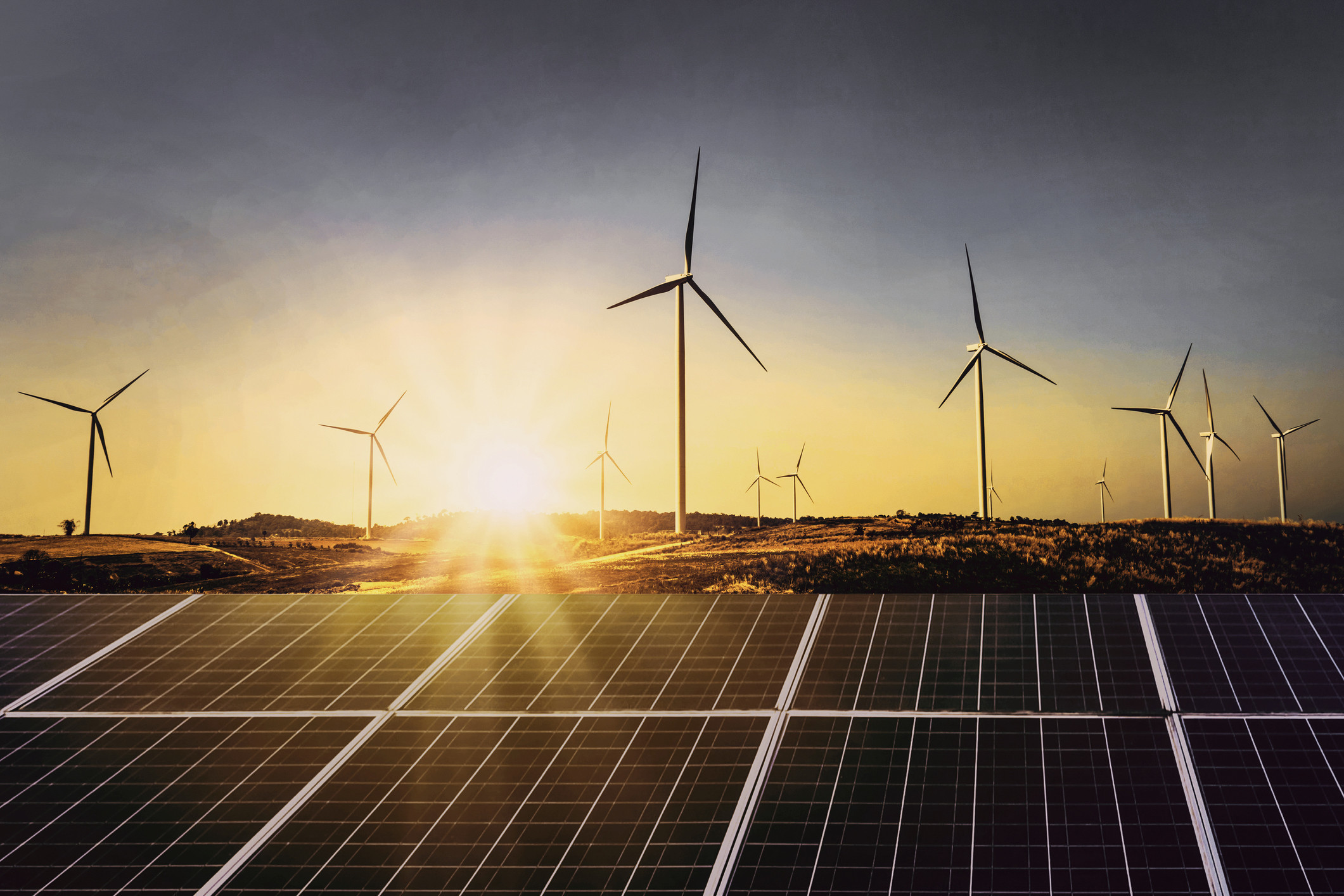However, implementing renewable energy can be overwhelming and costly. In this blog, we'll explore the 5 things all small businesses need to know about renewable energy.
Different Types of Renewable Energy
There are several types of renewable energy that small businesses can implement. Solar panels are a popular choice and can be installed on the roof or in a nearby field or car park, depending on the available space.
Small businesses can either purchase or lease solar panels. Wind turbines can also be an effective form of renewable energy for small businesses located in windy areas, but they can be expensive to install and maintain, and may require planning permission. Hydro power can be an effective form of renewable energy for small businesses located near rivers or streams, but it can also be expensive to install and maintain, and may require planning permission.
PPA Agreements
A Power Purchase Agreement (PPA) is a contract between a renewable energy generator and an energy consumer. Under a PPA agreement, the energy generator agrees to supply the energy consumer with a certain amount of renewable energy for a fixed period, usually between 10-20 years, at a fixed price. PPAs can be an effective way for small businesses to access renewable energy without incurring the high upfront costs of installation and maintenance. By entering into a PPA agreement, small businesses can purchase renewable energy from a third-party provider at a fixed price for a fixed period. PPAs allow small businesses to access renewable energy without having to make a significant capital investment upfront.
Costs of Renewable Energy
While the initial investment in renewable energy may be high, the long-term benefits can be significant. By generating their own renewable energy, small businesses can reduce their dependence on the grid and save on their energy bills. The cost of renewable energy varies depending on the type of renewable energy, installation, and maintenance costs. Small businesses should conduct a cost-benefit analysis to determine the best renewable energy option for their needs.
Installation and Maintenance
Renewable energy systems require regular maintenance to ensure they operate efficiently and have a long lifespan. Small businesses should consider the installation and maintenance costs of renewable energy systems when deciding which system to implement. Solar panels have a lifespan of 25-30 years, while wind turbines have a lifespan of 20-25 years. Small businesses should also factor in the cost of installation, which can vary depending on the type of renewable energy.
Government Incentives
Governments offer several incentives to encourage small businesses to adopt renewable energy, such as tax credits, grants, and subsidies. By taking advantage of these incentives, small businesses can reduce the cost of renewable energy and make it more accessible. Small businesses should research the government incentives available in their area to determine the best way to finance their renewable energy implementation.
Conclusion
Renewable energy offers several benefits for small businesses, including reducing their carbon footprint, saving money on energy bills, and enhancing their brand reputation. Small businesses can implement renewable energy through solar panels, wind turbines, hydro power, and biomass. Additionally, small businesses can take advantage of government incentives and PPAs to make renewable energy more accessible and affordable. Small businesses should conduct thorough research and analysis to determine the best renewable energy option for their needs and budget. By embracing renewable energy, small businesses can contribute to a sustainable future while also benefiting their bottom line.






